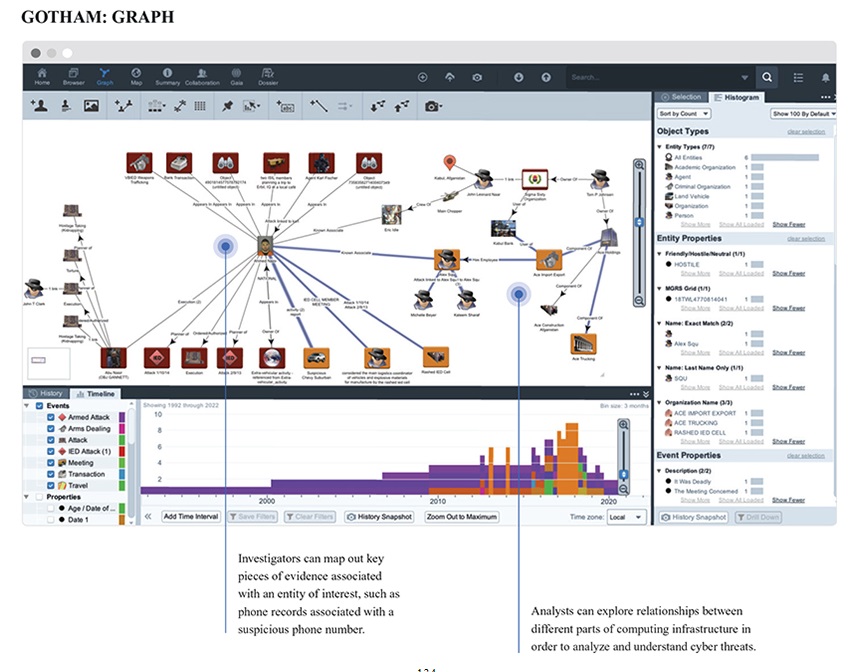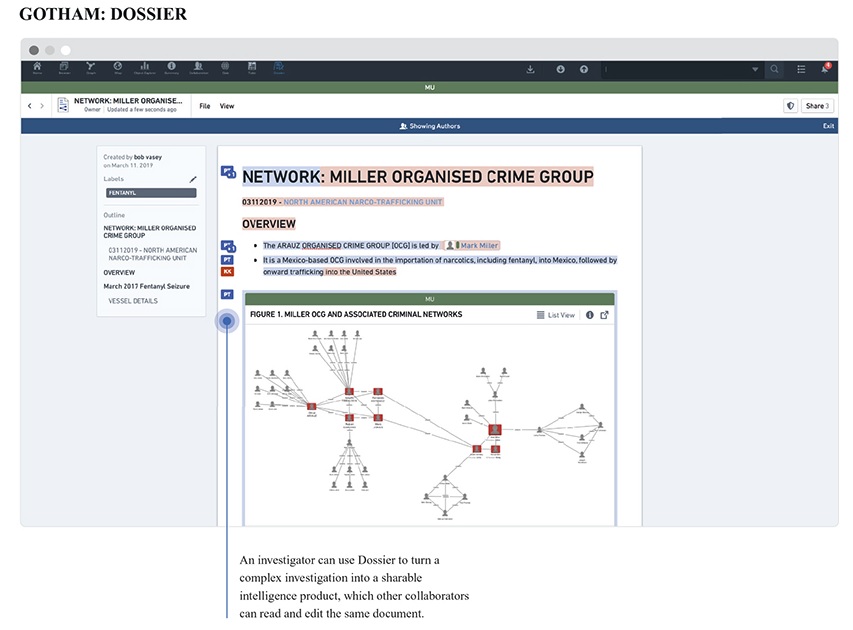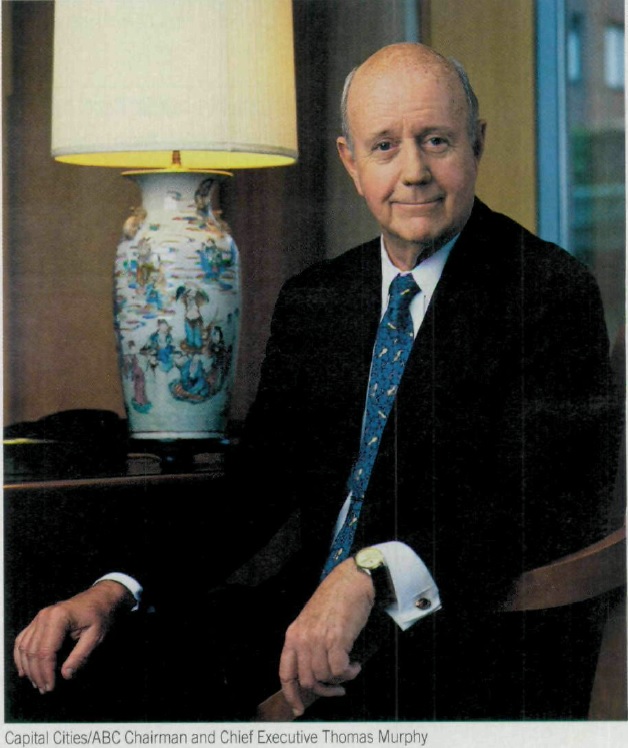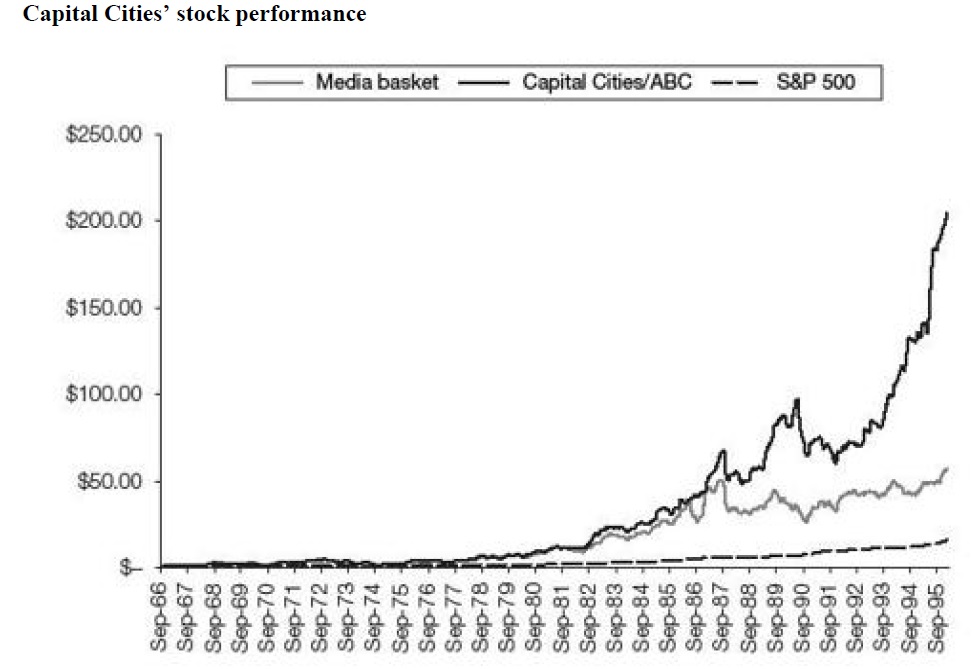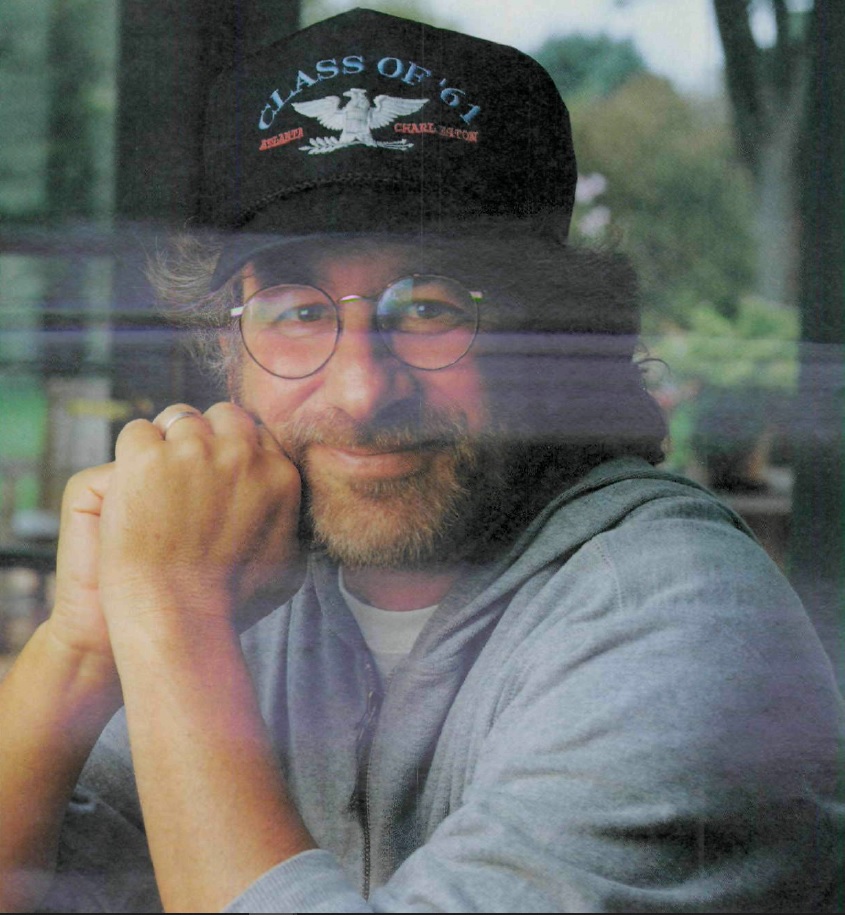Peter Thiel and Palantir's CEO Alex Karp were roommates at Stanford. Both received their JD's from Stanford Law in 1992.
stanfordpolitics.org/2017/11/27/pet…
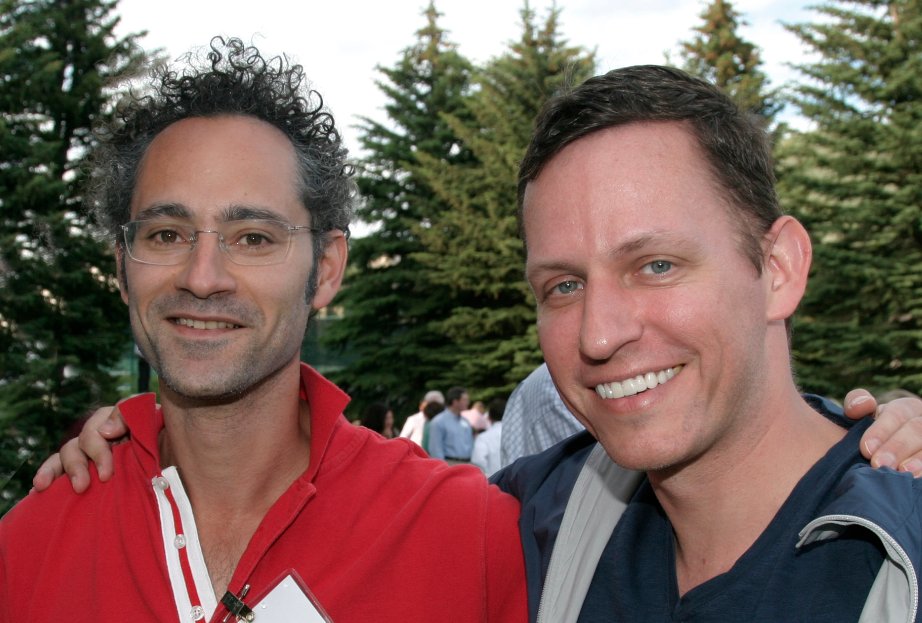
He was told he could write it in English but wanted to learn German and wrote a 129 page dissertation:
quora.com/What-was-Alex-…
Max Levchin: "It was like an avalanche of losses. 2000 was basically the year of fraud. At one point we were losing $10mm per month. It was crazy."
But they were outmatched by the complexity. Levchin found one investigator in a cubicle covered in paper printouts, trying to trace a $80,000 loss.
"The tools we had available to us allowed you to look at only a couple of accounts."
"We built this system that was part visualization package, part graph balancing tool, that would try to represent large-scale travels of money in the system in a visual form."
"We built all these different tools that would allow computers to predict where particularly expensive losses would be and then represent the networks of losses to the investigators"
"I think a good way to describe PayPal is: a security company pretending to be a financial services company."
"Everything else that PayPal built is sort of a commodity."
"He called me one day and said, 'Hey, Alex, there's this methodology we had at PayPal. Think it would make a great company for stopping terrorism."
In 2004 he wrote the essay The Straussian Moment:
evernote.com/shard/s542/cli…
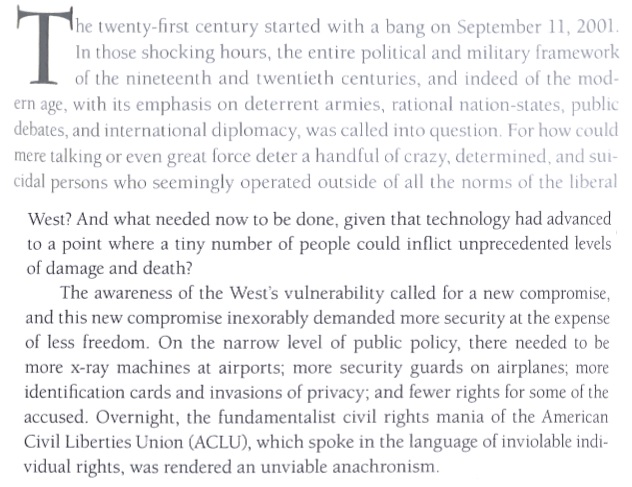
quora.com/Why-did-Peter-…
"After 9/11 we were reacting to a world full of scary asymmetric threats. Information had become more important than anything.. yet the US had a defense-industrial complex that didn't understand how to build modern software."
quora.com/Did-Palantirs-…
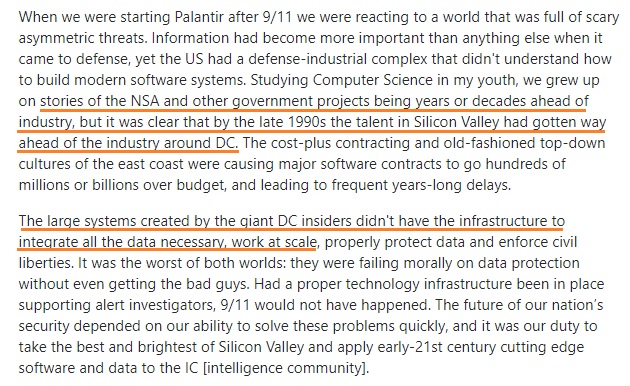
"Mr. Karp showed a prototype. The software was similar to PayPal's fraud-detection system. Instead of identifying and connecting cyber criminals, it focused on terror suspects and followed their activities, including travel and money transfers."
wsj.com/articles/SB125…
"Something like this will exist," Karp insists. "Societies will build it, precisely because the alternative is letting terrorism happen or losing all our liberties."
forbes.com/sites/andygree…
"Silicon Valley has transformed every individual with access to the Internet into a researcher"
web.archive.org/web/2011110218…
"We facilitate human-computer synthesis. You ask the questions and you visualize the data in ways that are useful to you."
sec.gov/Archives/edgar…
